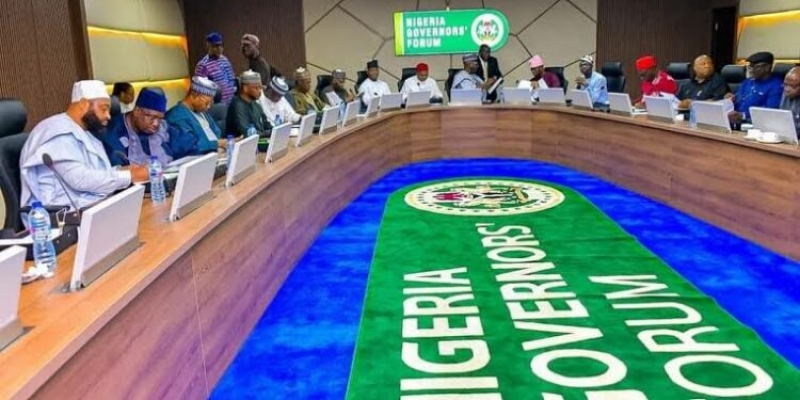Heavy flooding in northeastern Nigeria’s Adamawa State has drawn expressions of solidarity and support from the Nigeria Governors’ Forum (NGF), following reports of casualties, widespread damage, and displacement in the Yola North and Yola South regions. The disaster, which struck this week, has left residents grappling with destroyed homes and disrupted livelihoods, prompting urgent calls for coordinated relief efforts.
In a statement issued Monday, NGF Chairman and Kwara State Governor Abdulrahman Abdulrazaq described the flooding as a “humanitarian situation” requiring swift action. “The forum identifies with the people and government of Adamawa State under the leadership of Governor Ahmadu Umaru Fintiri as they mobilize resources to mitigate the effects of this incident,” he said. The NGF, a nonpartisan coalition representing Nigeria’s 36 state governors, pledged to bolster ongoing relief initiatives while amplifying collaboration with federal and local agencies.
Authorities confirmed that the flooding resulted in multiple fatalities, though exact figures remain unverified as rescue operations continue. The deluge also submerged roads, farms, and residential areas, worsening displacement in a region already vulnerable to seasonal weather extremes. Climate experts have long warned about Nigeria’s susceptibility to floods, exacerbated by inadequate drainage systems and deforestation. Adamawa, situated along the Benue River basin, frequently faces such crises, with 2022 floods affecting over 4 million people nationwide.
The NGF praised emergency responders, including Nigerian Army and police marine units, for their rapid mobilization at the state government’s request. Their efforts prioritized evacuating stranded residents and delivering essential supplies to cut-off communities. Governor Fintiri’s administration has since activated disaster protocols, setting up temporary shelters and coordinating with humanitarian organizations to address immediate needs.
“The forum stands in firm solidarity with Governor Fintiri and the people of Adamawa at this difficult moment,” Abdulrazaq reiterated, emphasizing plans to deploy supplementary aid alongside federal support. While details of the NGF’s contributions remain undisclosed, analysts note that interstate collaboration could streamline resource distribution and long-term recovery strategies.
The crisis underscores broader challenges facing Nigeria’s flood preparedness, with recurring incidents straining infrastructure and emergency response capacities. As climate patterns grow more unpredictable, calls for proactive measures—such as early warning systems and resilient urban planning—have intensified. For now, displaced families in Adamawa brace for further rainfall, hoping interventions will avert deeper devastation in the weeks ahead.
